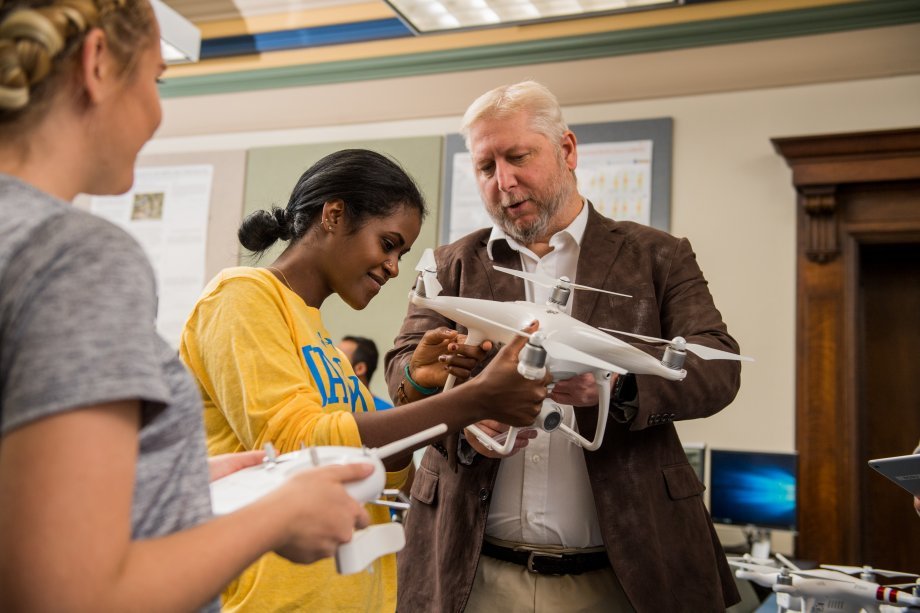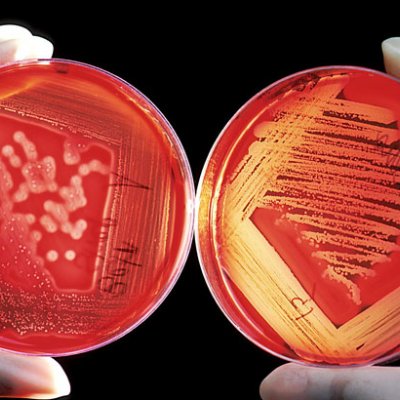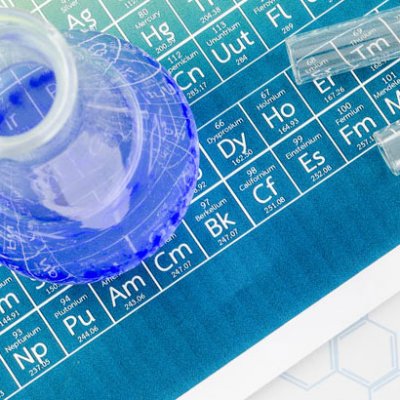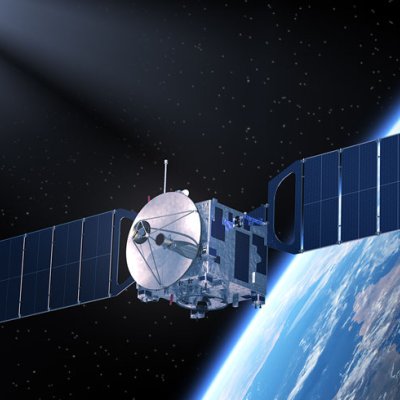Students will find hands-on laboratory experience and interdisciplinary approaches throughout the College of Natural Sciences programs.
Undergraduate Programs
Minors
As you complete your undergraduate coursework, chances are you will already be close to earning a minor or two as well. We offer many minors that will complement your Bachelors of Science (B.S.). Minors Include:
* Biology
* Chemistry
* Geography
* Geographic Information Sciences
* Microbiology
* Nuclear Engineering
* Physics
* Sustainability
Certificates
Whether you are an undergrad looking to obtain a certificate while pursuing a bachelor's degree or someone wanting to meet the challenges of today’s society, our Geographic Information Sciences (GIS) and Unmanned Aircraft Systems (UAS) certificate programs can offer you the ability to gain applicable workforce knowledge & techniques without having to get a bachelor’s degree.
Geographic Information Sciences (GIS)

The Geographic Information Sciences (GIS) certificate academically trains you to meet the challenges of today’s society by utilizing your knowledge of geography and various technologies to help solve geographical problems. The program offers you the ability to develop your knowledge in either GIS or Remotes Sensing/Cartography to help you get a more specific knowledge base.
Unmanned Aircraft Systems

The certificate in Uncrewed Aircraft Systems (UAS) will provide a credential to students and/or individuals who have demonstrated competency in the planning and operation of UAS. The certificate will provide the knowledge and skills necessary to apply this technology to a field of study or field of work. This certificate will also provide the knowledge necessary to attain the FAA Part 107 small Uncrewed Aircraft Systems license. UAS is a technology with many applications, some of which include remote sensing, geographic information systems (GIS), precision agriculture, construction, resource management, engineering, cinematography and emergency services.




